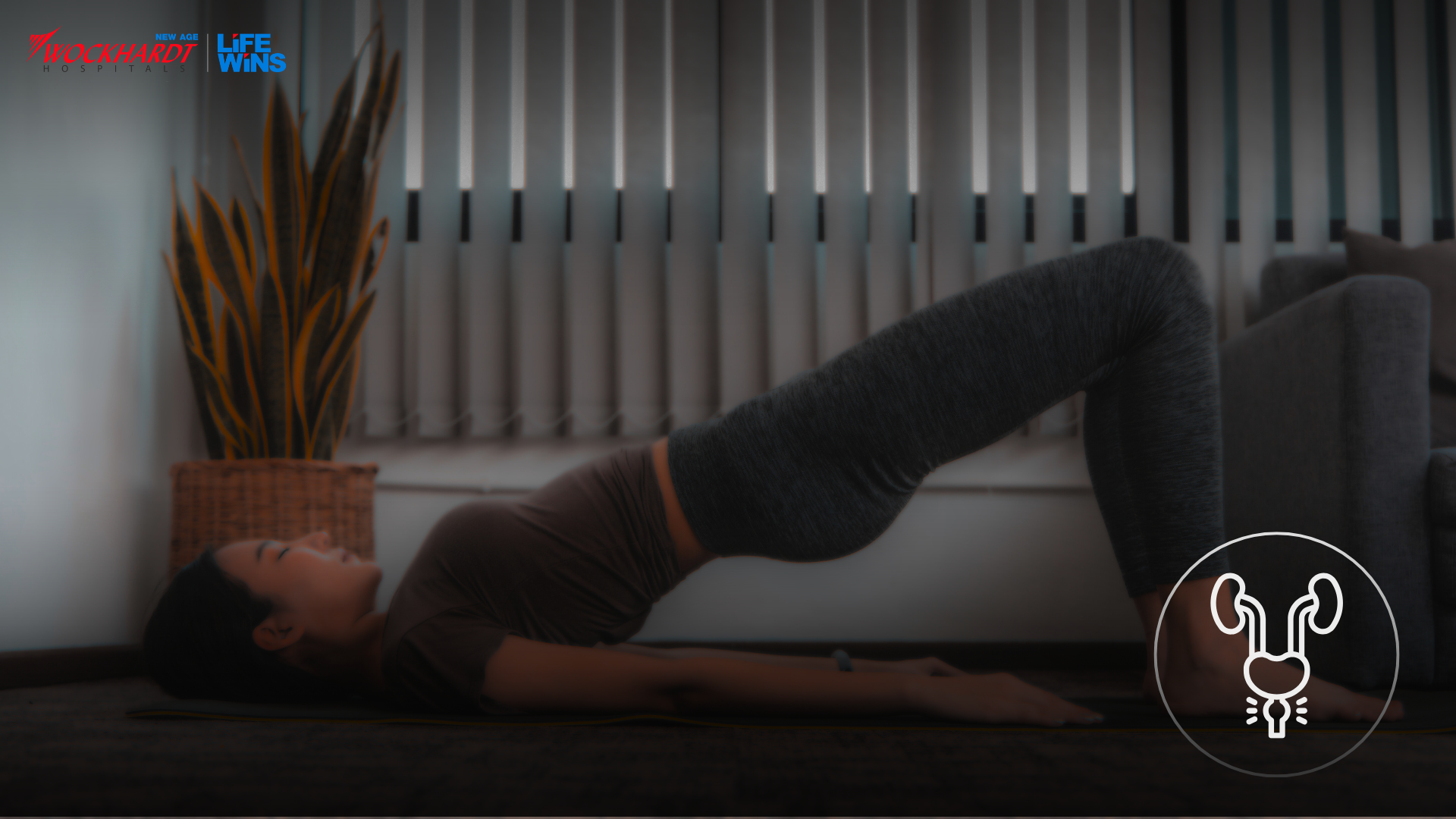There can be benefits to all the foot-tapping and twiddling of thumbs. It can even help focus the mind. So how much is too much?
Sports manager Siddharth Bhattacharya finds it difficult to remain still. If he is at work and there is a pen within sight, he’ll want to pick it up and fiddle with it even while doing something else on his laptop. Sometimes, without realising it, he’ll idly tap his feet on the floor or against a table leg.
Bhattacharya does not think of this as something to worry about. Neither do many others who, like him, have a habit of twiddling their thumbs, blinking too much, or making unconscious repetitive motions that most of us dismiss within the umbrella category of fidgeting. But why do we do fidget? And is there an upside?
A study conducted by the University of Missouri in 2016 suggests that mild fidgeting activities such as feet tapping or thumb twiddling can even reduce the risk of cardiovascular disease. Fidgeting is also an innocuous way to focus or channel a wandering mind — the external manifestation of a mental engine humming along nicely.
“Fidgeting can become cause for concern if it interferes with your ability to focus on a task or disrupts your general well-being, say by hampering sleep patterns,” says Dr Sonal Anand, psychiatrist at Wockhardt hospitals, Mumbai. “It can also be a symptom. Severe fidgeting can be indicative of attention deficit hyperactivity disorder (ADHD), which is usually found in children but can also show up in adults.”
Source: https://www.hindustantimes.com/lifestyle/art-culture/why-we-fidget-and-should-you-stop-101614956401027.html


















